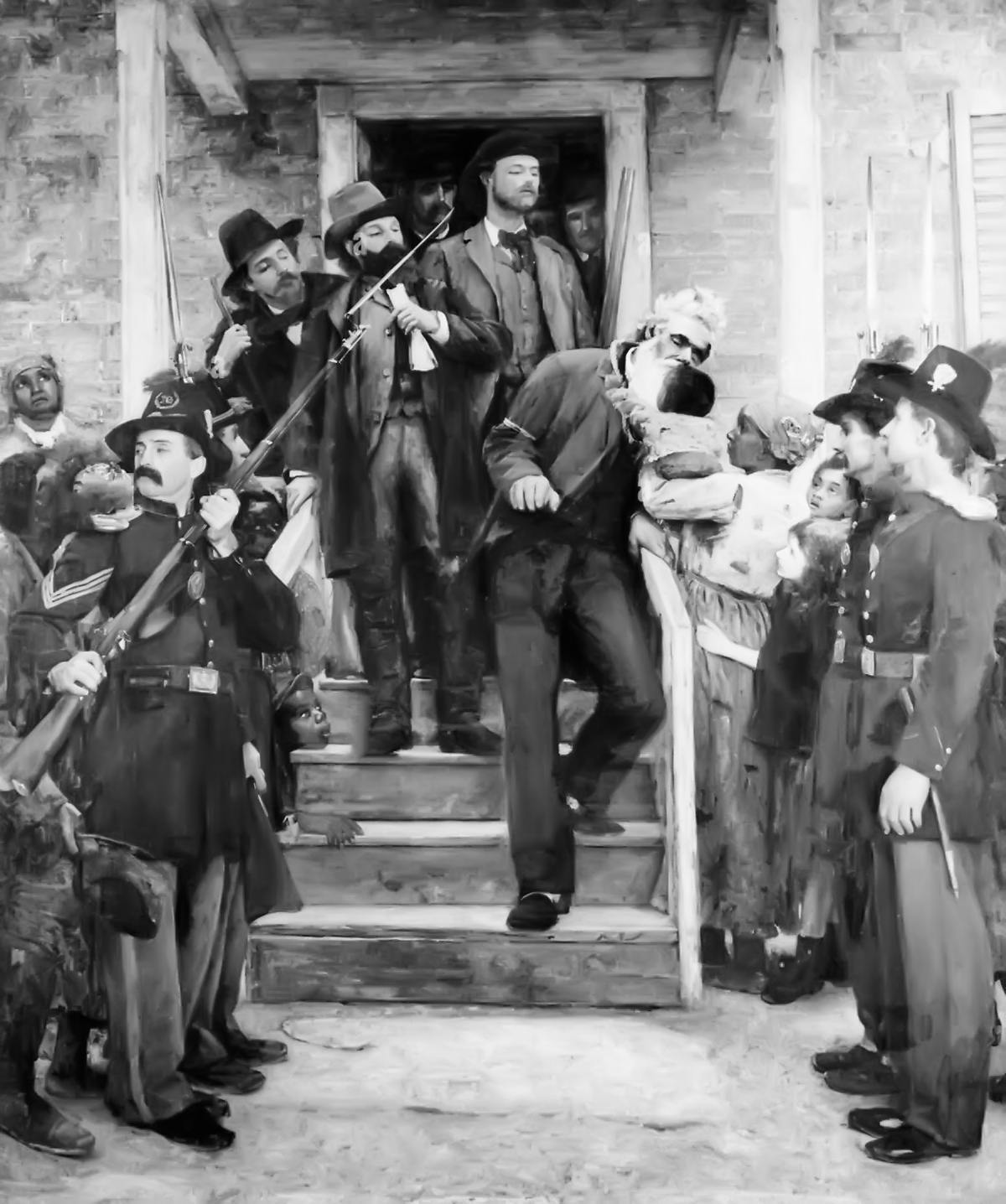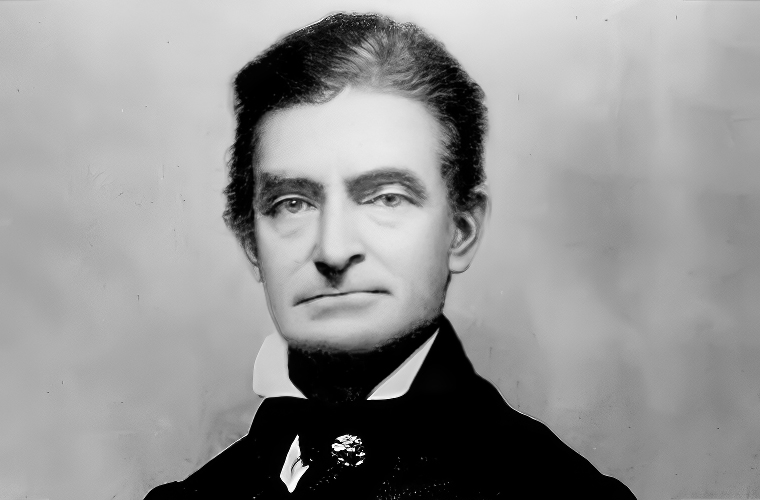John Brown’s raid on the federal armory at Harpers Ferry, Virginia (now West Virginia) on October 16, 1859, was a pivotal event leading up to the American Civil War. The raid was led by abolitionist John Brown, who believed that the only way to end slavery was through armed insurrection. Brown hoped to spark a slave rebellion by seizing the federal arsenal at Harpers Ferry and distributing weapons to enslaved people.
Brown had been involved in the abolitionist movement for years and had previously engaged in guerrilla warfare against pro-slavery forces in Kansas. He believed that slavery was a moral abomination and that it was the duty of all good people to fight against it. Brown assembled a small group of followers, including both white and black men, and began planning the raid in the summer of 1859. The plan was to take control of the armory, which was located at the confluence of the Potomac and Shenandoah rivers, and use it as a base for launching a slave insurrection.
On the night of October 16, Brown and his followers crossed the Potomac River and took control of the armory. They held several local citizens hostage and hoped that slaves from nearby plantations would join them. However, the slaves did not rise up and Brown’s men soon found themselves surrounded by local militias and federal troops.

The raid lasted for two days, during which time Brown and his men fought off repeated attempts to dislodge them from the armory. However, the arrival of U.S. Marines, led by Colonel Robert E. Lee, proved to be too much for Brown and his surviving men. After a brief siege, Brown and his men were captured and the raid was over.
Brown and several of his followers were put on trial for treason and murder. Brown used the trial as a platform to condemn slavery and to call for armed rebellion against it. He was found guilty and sentenced to death. On December 2, 1859, Brown was hanged in Charlestown, Virginia (now West Virginia). The raid on Harpers Ferry had a profound impact on the nation. It was seen by many as evidence of a widespread northern plot to incite slave uprisings, and it heightened tensions between the North and South. Brown became a martyr to the abolitionist cause, and his execution was widely condemned in the North. Southerners saw the raid as evidence of the North’s desire to destroy the South and its way of life.
The raid on Harper’s Ferry is often cited as one of the events that led to the American Civil War. It helped to polarize the nation and to deepen the divide between North and South. It also helped to radicalize abolitionists and to push the nation closer to the brink of war.

